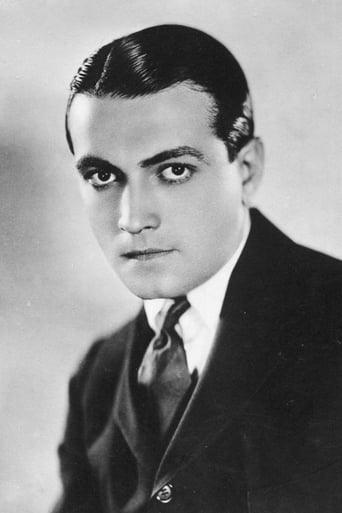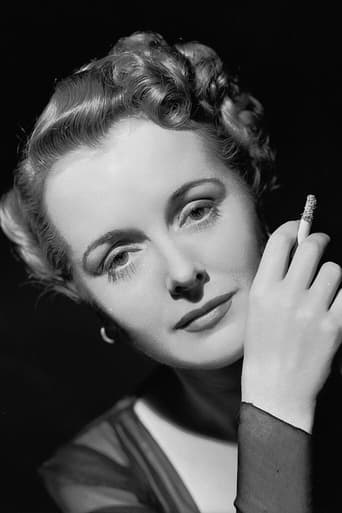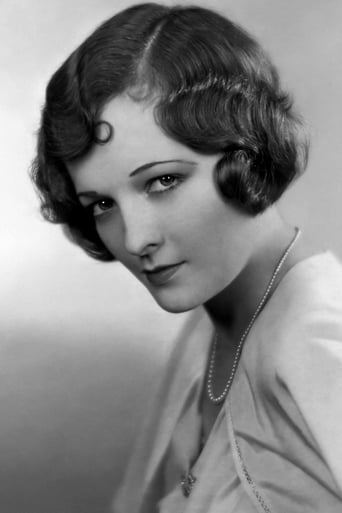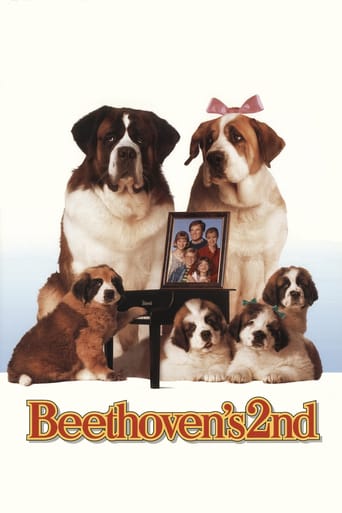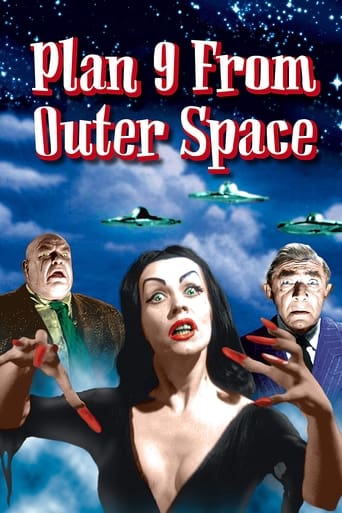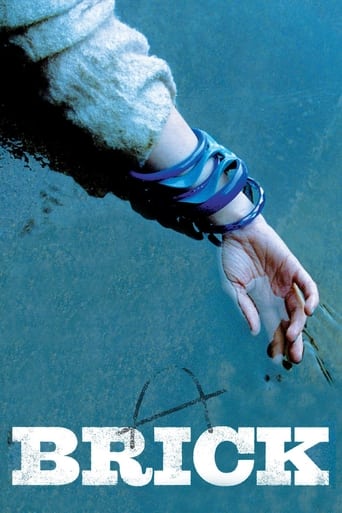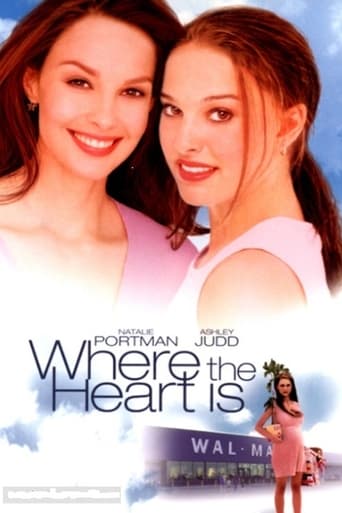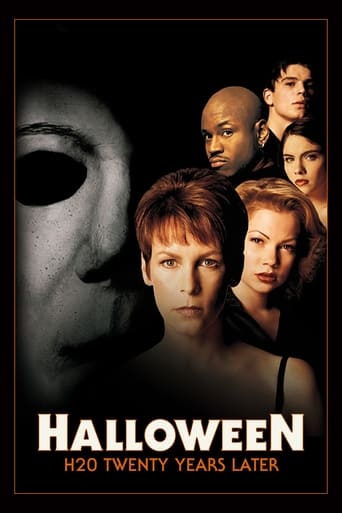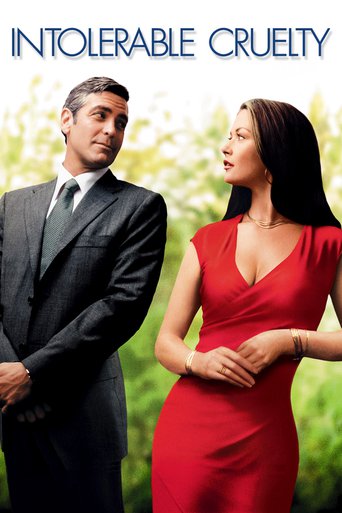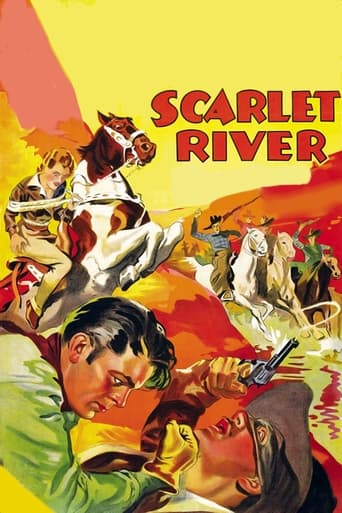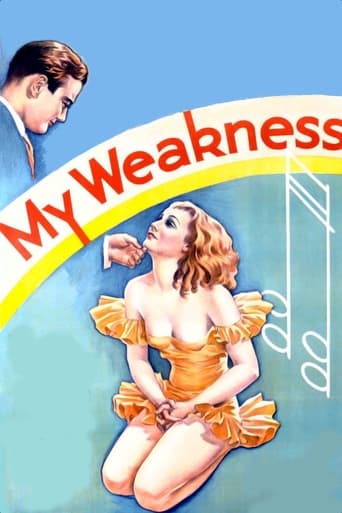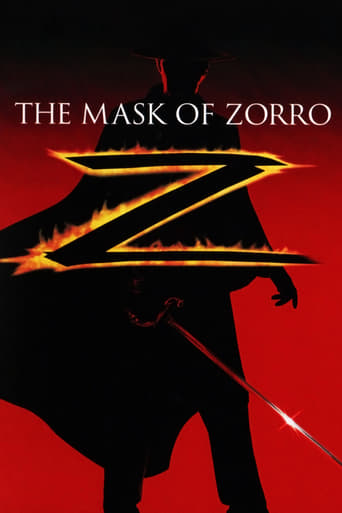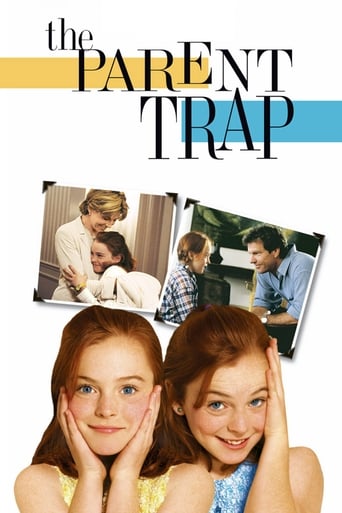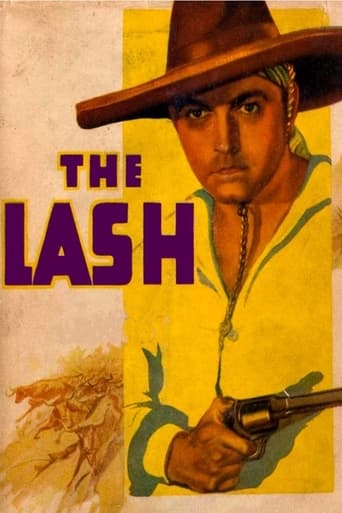
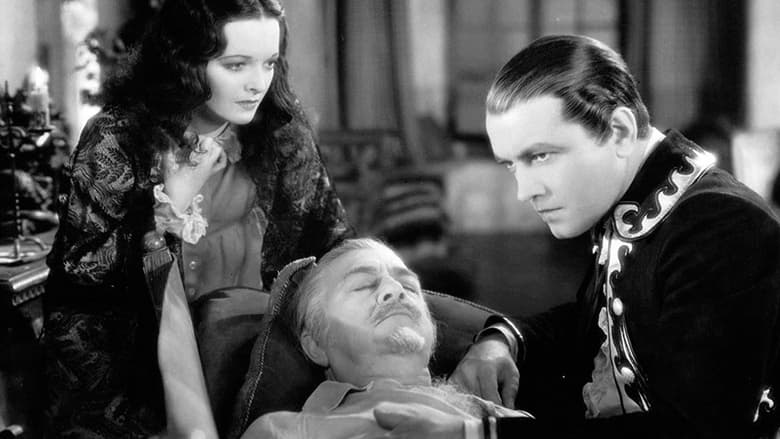
The Lash (1930)
A nobleman returns home to Southern California after the Mexican American War to find his people mistreated by unscrupulous Americans.
Watch Trailer
Cast


Similar titles
Reviews
Best movie of this year hands down!
It's fun, it's light, [but] it has a hard time when its tries to get heavy.
It's a movie as timely as it is provocative and amazingly, for much of its running time, it is weirdly funny.
A great movie, one of the best of this year. There was a bit of confusion at one point in the plot, but nothing serious.
Richard Barthelmess was a fine and rather diminutive actor....but not appropriate for this film. After all, he's supposed to play a Hispanic man and seems about as Hispanic as Chop Suey! Now I am not saying the part could not have been played competently by an Anglo actor--heck, Warner Baxter very ably played The Cisco Kid during this era. But with no accent and very waspy boy next door looks and manners, Barthelmess is simply wrong for such a part. The same is true of many of the supporting cast as well, such as the Mexican-American ladies played by Mary Astor and Marian Nixon! Why they didn't employ Mexican actors is a puzzler...as well as why they didn't even try to make these folks seem Mexican. The film begins soon after the Mexicans were forced to cede California to the United States after the Mexican War. Pancho has been off to school in Mexico City and he's returning to his family ranch in California when he's introduced to the prejudices the Americans have for their new Mexican-American brothers and sisters. For instance, in one town speaking Spanish is banned...which shouldn't pose any problem to Pancho (I think speaking Spanish would have been a much bigger problem for him)! Soon, a local thug is beating up Pancho and some other poor sap...simply because they are Mexican by birth. Eventually, the mistreatment becomes so bad that Pancho decides to become a Zorro-like hero named 'El Puma' and delivers justice to those jerks! What does he do and where does it all go? See the film and find out for yourself.This film looks and sounds very dated. Despite some really nice sets (including a nice looking replica of el Bosque de Chapultapec at the end of the film), the entire production is dull, stagy and the dialog is amazingly old fashioned. Because of this, the love scenes come off (unintentionally) as comedy and the entire film is a chore to watch. The poor print sure didn't help but is the least of the film's problems.
Though Richard Barthelmess gives a good account of himself as Hispanic Californio post Mexican War, I wonder why someone like Gilbert Roland was not cast in the part. He would have been perfect in The Lash.The Lash has Richard Barthelmess returning home to his California ranch after service in the Mexican army during the war. All is not well at his place as some of the Americans are proving to be ruthless conquerors. One who especially fits that bill is Fred Kohler, a very greedy and crooked land commissioner.After a few indignities at the hands of the Americans, Barthelmess turns to outlawry and takes up the name of El Puma. Essentially he's Zorro without the mask. And he's won the heart with his dashing derring-do of Senorita Mary Astor.On the minus side he's causing a lot of conflict for his sister Marian Nixon and James Rennie who is the new American sheriff, but an honest one. Barthelmess was still a bit uneasy before the sound camera and it certainly would have been a better film had someone of Latino background been cast. But on balance The Lash is good entertainment.Though a pair of non-Latinos like Errol Flynn and Tyrone Power were waiting in the future for these kind of roles.
An interesting 1846 California "western" pitting the protagonist Richard Barthelmess, playing a young Francisco Delfino (Pancho) later the outlaw El Puma, against unscrupulous American land grabbers. Pancho returns from studies in Mexico City to find California invaded by "gringos" who impose their culture and use every trick in the book to obtain the land that was once given to loyal families by the King of Spain. Pancho is welcomed home by his Uncle (Tio) Don Mariano Delfino, played by Robert Edeson, Pancho's beautiful sister Doña Dolores Delfino, played by Marian Nixon, and a childhood sweetheart Doña Rosita Garcia, played by Mary Astor.Pancho travels north to deliver 3,000 cattle is treated as a second class citizen in his own native land. He reacts violently against the worst of the land commissioners and head man in Spanish Gulch, Peter Harkness, played by Fred Kohler, when Pancho dares to buy a drink for Harkness' favorite barmaid. Pancho is beaten with a belt but is saved by the sheriff, Captain David Howard, played by James Rennie.After his beating, Pancho delivers the cattle to Harkness in the form of a stampede through the village of Spanish Gulch. Pancho takes the money Harkness was to deliver in payment and sets off on a life as El Puma, patterned on Robin Hood or Zorro, robbing from the gringos and giving the money to the Church to feed the poor. Captain Howard arrives at the Delfino ranch and falls in love with Dolores. He also explains the derivation of the word "gringo". The latter is supposed to be based upon words sung by US soldiers who carried a green flag into battle during the Mexican war of 1846-1848 "the green goes over the hill" implying carrying the flag up against opposition. I did not find that derivation listed in a Google search which is why I have included it here.Pancho's uncle is shot by Harkness and in his dying breath; Tio Mariano tells his nephew that his efforts are turning more Americans against the native Californians. Pancho disbands his gang, shoots Harkness, and delivers the original land grant to Captain Howard for safekeeping. Pancho escapes overland to Mexico where he weds his beloved Rosita and sends a letter to Captain Howard and Dolores telling them there is nothing preventing them from being wed.The plot is based on the story, "Adiós," by Lanier and Virginia Stivers Bartlett. It is not at all clear where the title comes from since Pancho is neither beaten by the lash or uses one in his escapades. The print shown on TCM is in poor quality but this interesting story with Americans as the "bad guys" is worth watching. Recommended.
This film is very well crafted for an early talkie from 1930. Unlike so many stage-locked productions of this time, the film takes advantage of the rustic California settings of old California. There are few long static takes with people standing around the hidden microphone. Beautifully photographed, the shots change often and the camera movement is fluid throughout. (Makes you wonder what director Tod Browning's excuse was for painfully static "Dracua".) The outside scenes start the film out at a good pace. However, once the obligatory and talky love story kicks in, the story slows down to a crawl. Perhaps as off-putting is the poor quality of the print being shown on TMC. "The Lash" has clearly not been restored or cleaned, pock-marked throughout and with such deep contrast that some scenes are tough to make out. Towards the end of each reel, the film noise is so loud it almost drowns out dialog and music. This would be a film for a fan of early talkies to check out, but otherwise, it might be a tough go.


